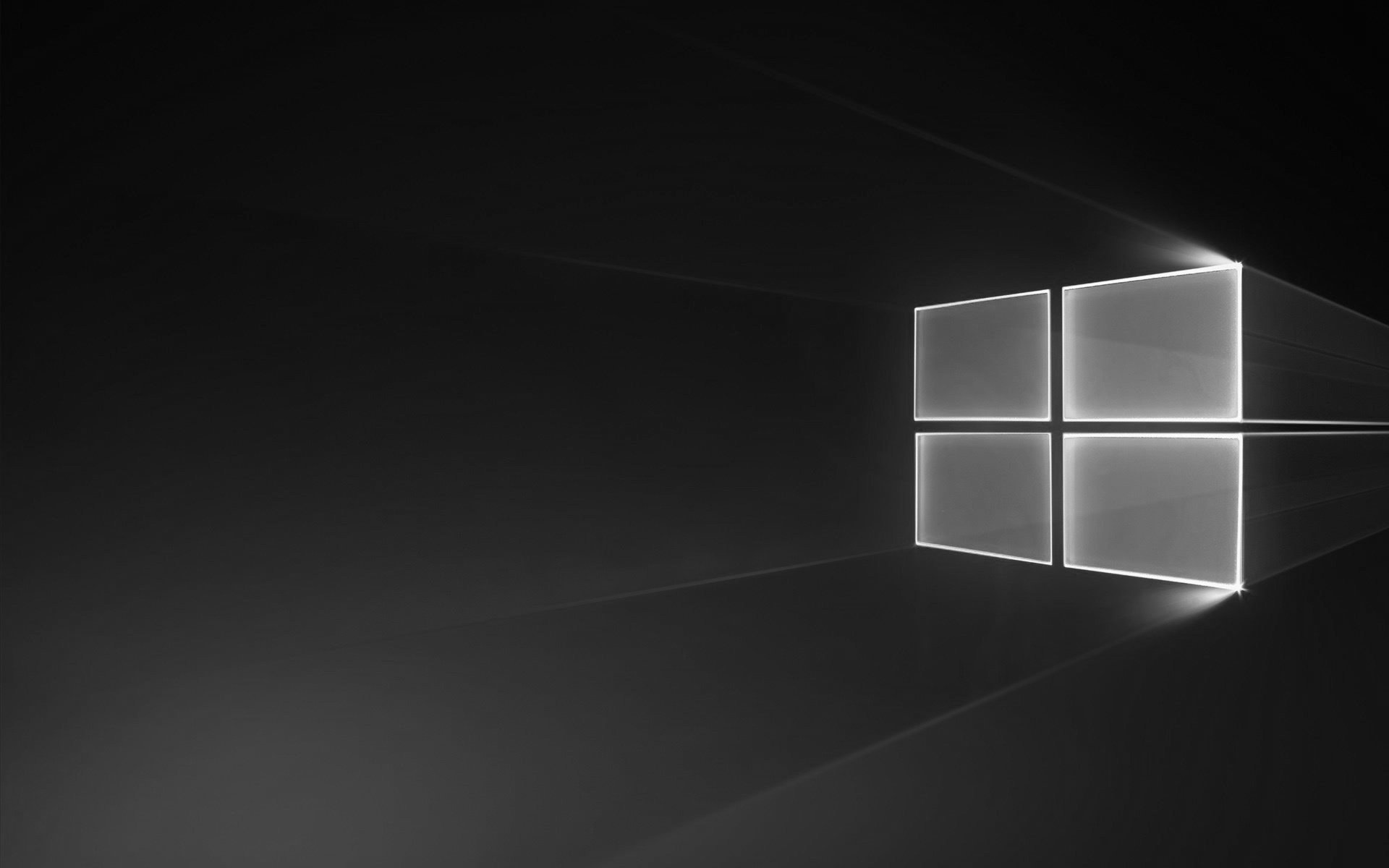
What you need to know
- In 2008, Microsoft started working on Midori, a project that could potentially replace its Windows operating system.
- Midori was a cloud-based operating system packed with new features and a web browser with a modernized interface and supported backward compatibility with Windows.
- Microsoft jumped ship and abandoned the project in 2015 but promised to integrate elements of Midori in future projects.
Microsoft is arguably widely known for its Windows operating system. For context, the tech giant's Windows dominates the desktop operating system market share, according to Statcounter's latest report.
While it remains debatable, the emergence of the internet heavily contributed to the broad adoption of the Windows operating system. Windows 95 was the first internet-ready operating system, bringing Microsoft founder Bill Gates' dream of having a PC in every household alive. But did you know the Redmond giant almost scrapped the development of its Windows operating system in 2008?
Is Windows just Midori under a different name?

At the time, the emergence of the internet presented Microsoft with new avenues and unexplored opportunities forcing it to go back to the drawing board. Consequently, the company started developing a new operating system codenamed 'Midori' that could potentially replace Windows (via LaptopMag).
Microsoft hoped to leverage the broad availability of the internet to separate software from hardware, leaving Windows' legacy spaghetti-like architecture to a cloud-based operating system with Midori. While cloud-based operations and systems boast a ton of benefits, they also face their share of challenges (the faulty CrowdStrike update that impacted Microsoft services).
so its weekend again! today let's hear a young @funcOfJoe from 2013 talk about The Midori Operating System !1, Project Overview pic.twitter.com/gpUWeaZ3oVAugust 3, 2024
Aside from being fully cloud-based, Midori showed great promise, including flagship features and a new web browser that boasted a consistent modernized interface and backward compatibility with Windows.
Undeniably, the project was quite ambitious, so much so that it prompted the development of a new language dubbed M# ("M sharp") as an extension of C# and Sing# — to foster better performance and security.
In 2013, the operating system showed tremendous promise and was eventually transitioned from a research concept to Microsoft's Unified Operating System group. Unfortunately, Microsoft decided to pull the plug on Midori in 2015. Interestingly, the company promised to incorporate the proposed improvements and new features envisioned for Midori into future projects.
While these plans predominantly remained internal, some proposals may have manifested through the Windows operating system. WalkingCat on X (formerly Twitter) shared some nostalgic videos and clips of Joe Duffy (who has since left Microsoft and is the CEO of Pulumi) discussing more intricate details about the Midori project.
If anything, Microsoft has continuously shipped quality-of-life improvements and flagship features to Windows, as is the case with Windows 11, version 24H2, which features supercharged AI tools like Live Captions, Windows Studio Effects, and more. However, these features will be available exclusively to Windows 11 users with Copilot+ PCs.
Elsewhere, Microsoft's campaign to get users to transition from Windows 10 to Windows 11 seems like an uphill task. However, we've seen an upward trajectory in Windows 11's market share this month. This could indicate users are giving in to the pressure with Windows 10's end-of-support date fast approaching.
🔥The hottest trending deals🔥
- 🎮 Seagate Xbox Series X|S Card (2TB) | $249.99 at Best Buy (Save $110!)
- 🕹️Xbox Game Pass Ultimate (3-months) | $29.19 at CDKeys (Save $21!)
- 🎮Lenovo Legion Go (Z1 Extreme, 512GB) | $599.99 at Best Buy (Save $100!)
- 💻HP Victus 15.6 Laptop (RTX 4050) | $599 at Walmart (Save $380!)
- 📺Amazon Fire TV Xbox Game Pass bundle | $82.85 at Amazon (Save $37!)
- ⌨️Surface Pro Keyboard + Slim Pen 2 | $112.99 at Best Buy (Save $167!)
- 🕹️Xbox Game Pass Core (12-months) | $41.89 at CDKeys (Save $18!)
- 💻Lenovo Yoga 7i 16 (Core i5) | $774.99 at Lenovo (Save $365!)
- 🖱️Razer DeathAdder V3 Wired Mouse | $50.99 at Best Buy (Save $19!)
- 💻HP OMEN Transcend 14 (RTX 4050) | $1,199.99 at HP (Save $400!)
- 🖱️Razer Basilisk V3 Wired Mouse | $49.99 at Best Buy (Save $20!)
- 🖥️Lenovo ThinkStation P3 (Core i5 vPro) | $879.00 at Lenovo (Save $880!)
- ⌨️Alienware Pro Wireless Gaming Keyboard | $149.99 at Dell (Save $50!)
- 🖱️Alienware Pro Wireless Gaming Mouse | $119.99 at Dell (Save $30!)
- 🕹️No Man's Sky (PC, Steam) | $24.09 at CDKeys (Save $36!)
- 💻Dell XPS 13 (Snapdragon X Elite) | $1,099.99 at Dell (Save $200!)







